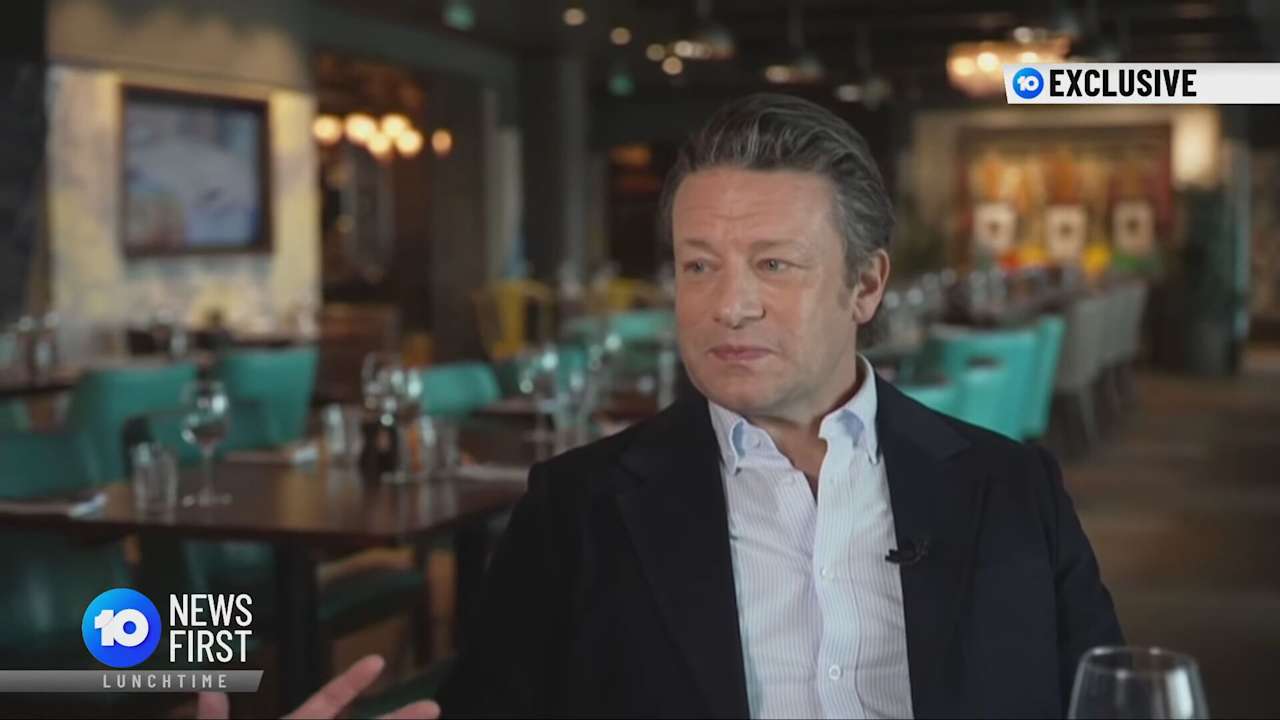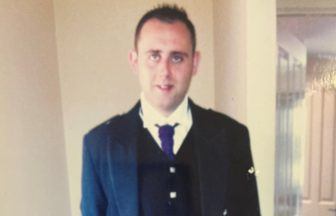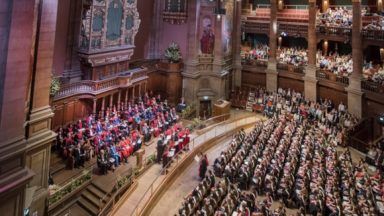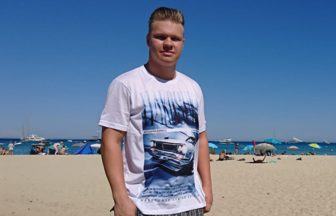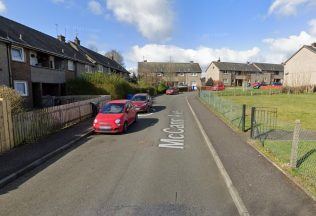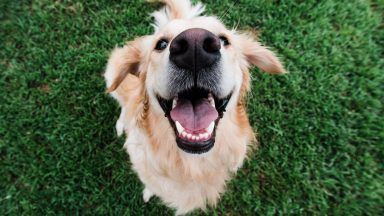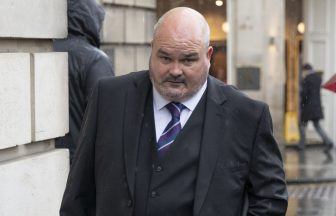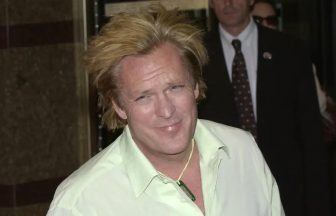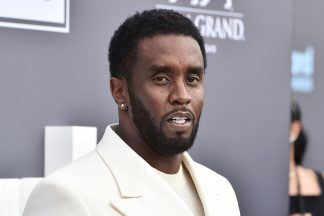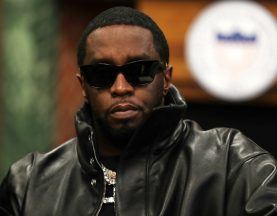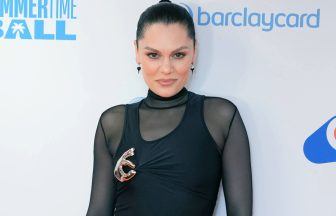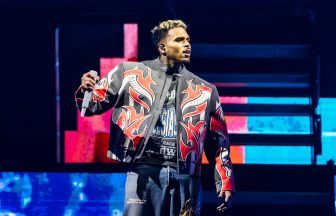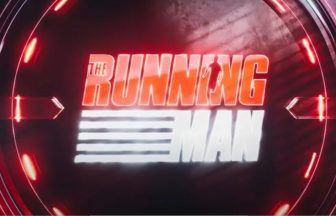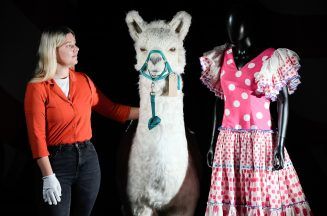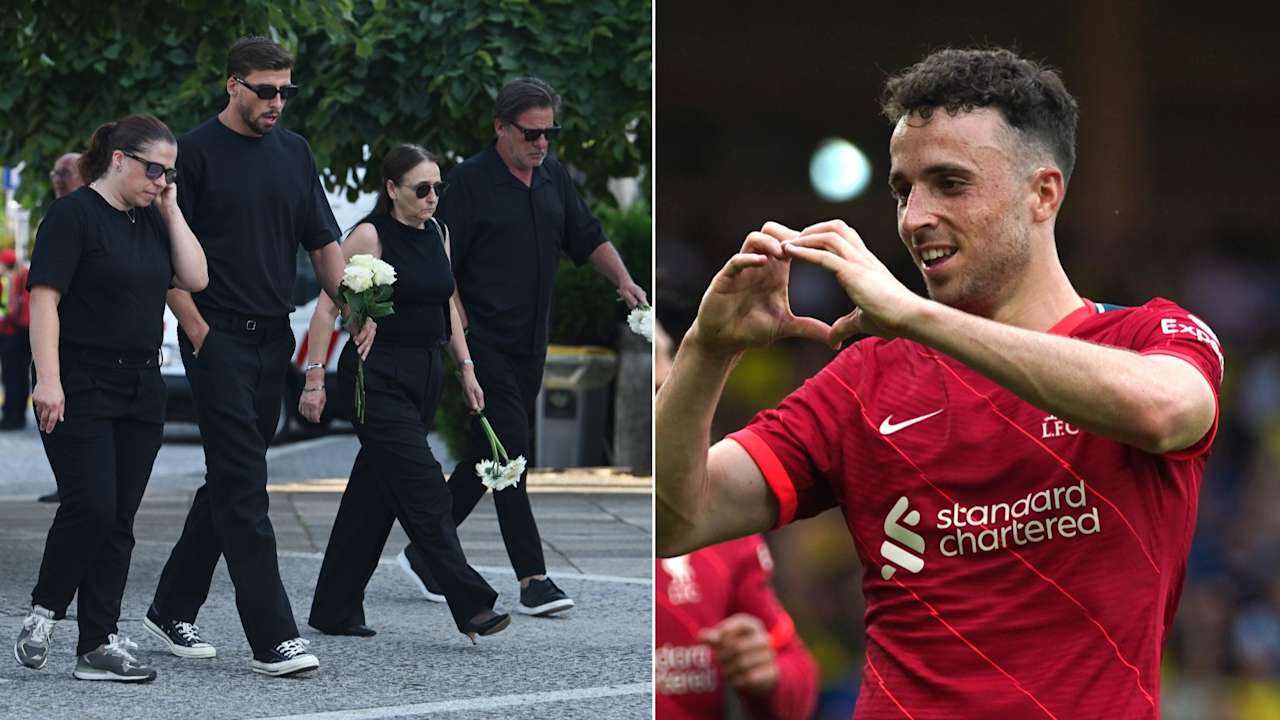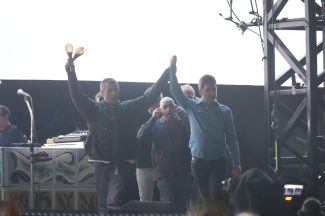Jamie Oliver told Australian news channel 10 News First that he “didn’t see” the negative stereotypes in his new children’s book
Jamie Oliver has said he understands his new children’s book was “offensive” to First Nations people after it received criticism from an Indigenous Australian group and was withdrawn from sale.
In an exclusive interview with Australian news channel 10 News First, the chef apologised and said he “didn’t see” the negative stereotypes when writing it.
Oliver’s book Billy And The Epic Escape includes an Australian subplot, and tells the story of a First Nations girl who lives in foster care and is stolen by the book’s villain.
Australia’s National Aboriginal and Torres Strait Islander Education Corporation said the plot contributes to the “erasure, trivialisation, and stereotyping of First Nations peoples and experiences”.
Speaking to 10 First News, Oliver said: “The rest of the world didn’t see it, but through the lens of the First Nations, I understand it was offensive.
“And that’s why it was even more painful to me because that was never the intention, because Ruby’s character if you follow it is amazing.”
When asked about the negative stereotypes in the book, he said: “I didn’t see them, so I’ve had to learn about that.”
“It really wasn’t, in my mind, connected with any knowledge of the terrible things that have happened in Australia’s history,” he added.
Oliver said he initially thought he had “done a beautiful job”.
“What’s so upsetting about it is, it really was a love letter to the First Nations people,” he said.
Jesse John Fleay, an Indigenous researcher at the National Centre for Reconciliation, Truth, and Justice, told ITV News he was surprised at how little some people knew about Australia’s stolen generation.
Speaking about Oliver’s apology, Fleay said: “It allowed us to understand that not everyone knows about the stolen generation in Australia.
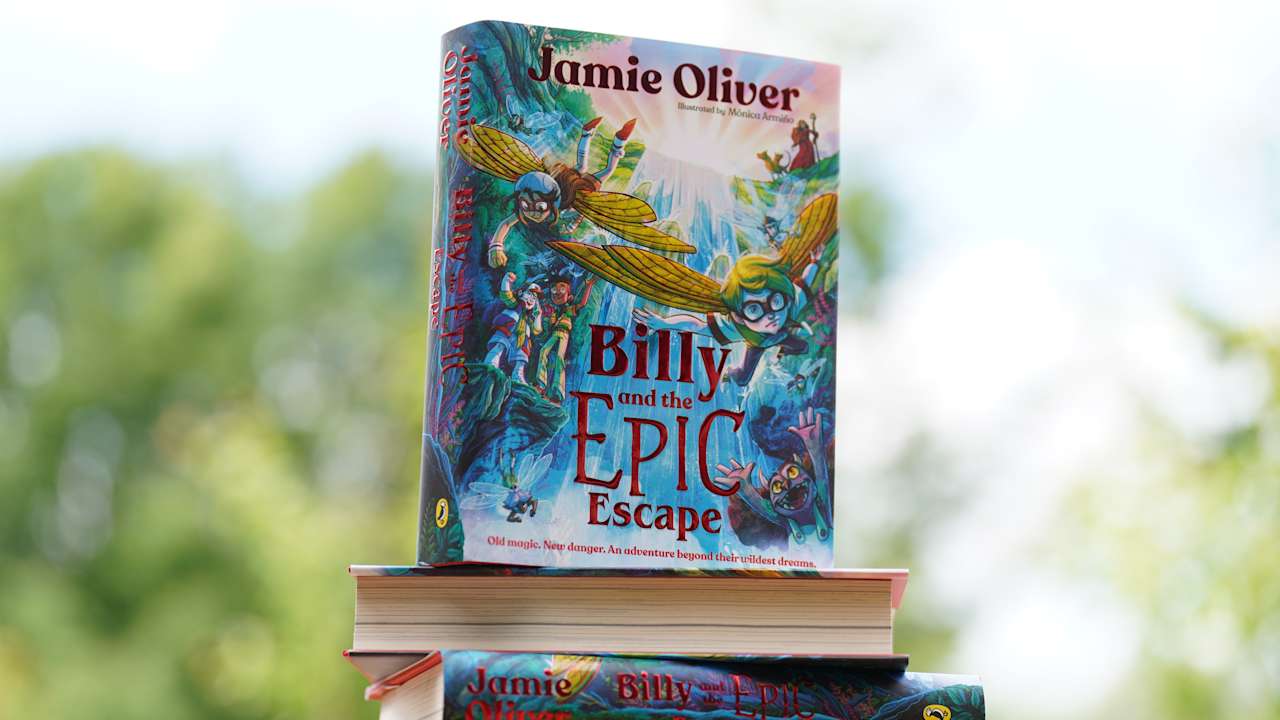
“And I was surprised to learn that somebody like Jamie, who has been here a lot, hasn’t been informed about this stolen generation or hasn’t done his research for his book.
“So that makes me realise that we need to have this conversation more and more, especially with people from other countries, especially with a nation like the UK, who is one of our strongest and oldest allies.”
Fleay also said more needs to be done to make connections with communities before writing about them.
“Part of the job of an author or a writer is to do their research and also to connect with people, because we’re connecting with people through writing. We need to have a dialogue and a conversation first,” he said.
As of 2021, aboriginal people represented around 3.8% of Australia’s population.
In 2022, 43% of children in out-of-home care were First Nations children, according to the Aboriginal and Torres Strait Islander Health Performance Framework.
The TV chef is among a long list of celebrities to have produced their own book for youngsters.
Oliver released his first children’s book, Billy And The Giant Adventure, last year and said in a social media post he had “carefully chosen the font to make sure the text is as clear as possible” as dyslexic people like himself can find it hard to read.
Follow STV News on WhatsApp
Scan the QR code on your mobile device for all the latest news from around the country


